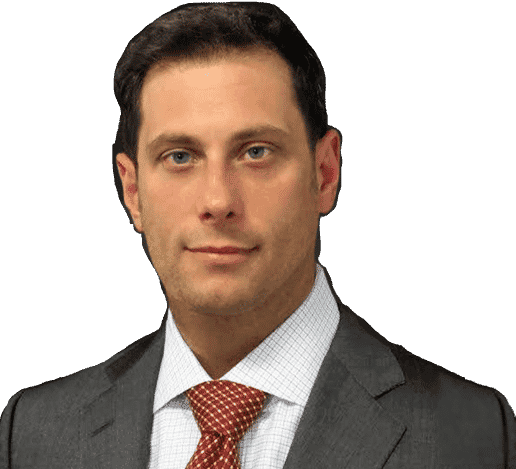Employment Law
- Discrimination

- Employer Retaliation

- Federal Employment Law
- FMLA and Paid Family Leave
- Hostile Work Environment
- Race Discrimination

- Wrongful Termination
- Labor Law
- Sexual Harassment
- Severance Agreements

- Wage & Hour Dispute
- Disability

- Whistleblower Protection
- Recovered millions for clients
- Available 24/7
- No fees until we win
- Free case evaluation
- We speak Spanish!
FMLA & Paid Family Leave Violations in New York
Protecting Your Right to Family & Medical Leave
In the interest of protecting employees dealing with personal and family health issues, the federal government passed the Family and Medical Leave Act (FMLA) in 1993 to extend a safety net during difficult times. In 2016, New York passed a law to provide further assistance: Private companies in the state must authorize Paid Family Leave (PFL) for any eligible employees. Together, these laws form a strong support system for working families in New York.
However, not all employers abide by the state and federal laws that protect employees’ rights to take leave. If you’re eligible for FMLA or PFL, you have the right to protected time off when enduring the changes covered under each law. Don’t let your employer refuse your requests to provide the care your family needs. You may be able to sue your employer to recover back pay, front pay, attorney fees, liquidated damages, or emotional damages.
You may have a case against your employer for PFL or FMLA violations if they have:
- Wrongfully denied a valid request to take PFL or FMLA leave
- Forced you to use all of your vacation or sick time before beginning PFL
- Failed to continue your health insurance coverage while you were on leave
- Failed to reinstate you in an equivalent position upon return from PFL or FMLA
- Retaliated or discriminated against you in any way after a leave request
- Failed to inform you of your rights and obligations under FMLA or PFL
If you are eligible for FMLA or PFL in New York and were denied or retaliated against after your request, you may have legal recourse. Call our New York City FMLA and PFL lawyers at Levine & Blit for your phone evaluation.
What Is the Difference Between FMLA and PFL?
FMLA in New York
FMLA is a federal law, under which public and private organizations of a certain size must provide employees with up to 12 weeks of unpaid leave after:
- The birth, adoption, or foster care placement of a new child
- A spouse, child, parent, or another immediate family member develops a serious health condition and needs care
- The employee develops a serious health condition that makes them unable to work full-time
- An immediate family member is called to active duty among the U.S. armed forces
Though employees will not receive a paycheck, they will retain coverage through their employer’s healthcare plan. Their job is protected, meaning they have guaranteed reinstatement to the same job or a position with the same duties, pay, and benefits.
FMLA does not have to be used in full-day segments; an employee can work with their employer to restructure their schedule as needed. However, it is also important to note that employers can suspend benefits like PTO accrual during the leave and require employees to use all of their available PTO during the FMLA period.
PFL in New York
Unlike FMLA, PFL is a state law, currently adopted by four states – California, Rhode Island, New Jersey, and New York. Employees of private sector companies in New York are much more likely to qualify for Paid Family Leave than FMLA. There are no company size requirements for paid family leave, and there is less work required for eligibility. However, an important difference between the two is that PFL cannot be used for an employee’s own health problems.
In New York, Paid Family Leave (PFL) can only be invoked when:
- Adopting, fostering, or giving birth to a new child
- Caring for a family member who has a serious health condition
- Dealing with the deployment of a direct family member or domestic partner
As with FMLA, both your job and health insurance are protected for the duration of the leave, and your employer cannot retaliate against you for requesting leave. Other benefit policies are up to the employer. New York funds PFL; employees on leave earn a percentage of their salary up to a weekly cap set by the state. The policy does not automatically cover public corporations or self-employed individuals, but both can opt in to this coverage.
While employees may choose to use PTO during PFL to increase their benefits, employers cannot force them to deplete their remaining vacation and sick days during leave. PFL cannot be taken at the same time as short-term disability or total disability covered by workers’ compensation, and cannot be combined with other benefits to award amounts over the weekly cap. Additionally, unlike FMLA, PFL must be taken in day-long divisions.
Need legal advice or representation for your protected leave matter? Speak with our PFL and FMLA lawyers in New York City by calling our law firm at (212) 967-3000.







